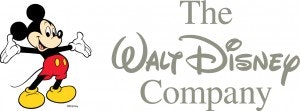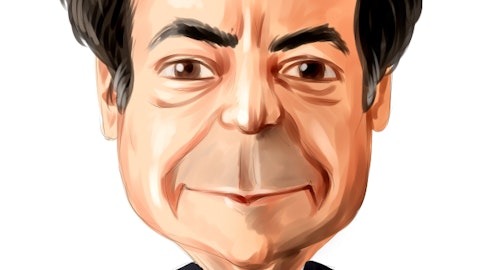
1. Exclusive licensing agreement
Disney and Electronic Arts Inc. (NASDAQ:EA) announced a multi-year exclusive licensing agreement to develop new games based on Star Wars characters and story lines. Electronic Arts Inc. (NASDAQ:EA) is a global leader in digital interactive entertainment. The Company’s game franchises are offered as both packaged goods products and online services delivered through Internet-connected consoles, personal computers, mobile phones and tablets.
Electronic Arts Inc. (NASDAQ:EA) will develop new Star Wars titles for professional and amateur gamers, while The Walt Disney Company (NYSE:DIS) will retain rights to develop new titles within the mobile, tablet and online game categories.
Another important exclusive agreement is the one with Netflix, Inc. (NASDAQ:NFLX), which will bring Disney movies to the online video-streaming site starting in 2016. Netflix, Inc. (NASDAQ:NFLX) is currently on the rise adding new subscribers at a high pace. The deal with Netflix, Inc. (NASDAQ:NFLX) signals online viewing has become the new mainstream and poses a major threat to traditional cable TV.
2. Theme parks
One of Disney’s most important competitive advantages is its cash-intensive theme parks. None of it rivals have this kind of “privilege.” In the past couple of years, the company has spent aggressively to expand and update its parks, the investment should begin to pay off in the near future. In addition, Disney’s theme-park business should benefit from an improved economy and moderate fuel costs, which, in effect, make the parks seem like a closer trip.
In a recent interview, CEO Bob Iger said Disney parks drew more visitors thanks to investments in new attractions such as the expansion of Fantasyland at Walt Disney World in Orlando, Florida and Cars Land at Disneyland Resort in Anaheim, California.
3. The purchase of Lucasfilm
Last year Disney completed a $4 billion purchase of Lucasfilm, which is also developing “Star Wars.” The Walt Disney Company (NYSE:DIS) is likely to reap huge benefits from its acquisition of Lucasfilm. Furthermore, Lucasfilm’s acquisition can potentially generate merchandise licensing streams from toy makers and video game producers.
In a recent interview, John Pleasants, co-president of Disney, said “this agreement demonstrates our commitment to creating quality game experiences that drive the popularity of the Star Wars franchise for years to come. Collaborating with one of the world premier game developers will allow us to bring an amazing portfolio of new Star Wars titles to our fans around the world”.
4. Broadcasting studios and movies
Assuming the economy will continue its improvement, broadcasting studios should boost advertising revenue. In 2012, Disney produced fewer movies but more successful ones. Despite a $500 million revenue decrease, it produced about $100 million more in net income.
Historically, the movie business has proved to be extremely unpredictable. However, this year The Walt Disney Company (NYSE:DIS) is expected to deliver blockbusters such as “Iron Man 3” and “Oz the Great and Powerful.”
5. Sports and mobile
Disney’s ESPN unit is attempting to enable users to watch games and highlights directly on their smartphones. The company is reportedly in talks with at least one major U.S. carrier. Once a deal gets a green light, it would be a true breakthrough for mobile users and the entire industry.
There are about 46 million digital users of ESPN, of which 15 million access content directly through mobile devices. The company’s mobile usage has been growing rapidly, its average users per day has more than tripled in the last three years.
6. Superiority over peers
News Corp (NASDAQ:NWSA) is also a well-diversified global media company operating in cable network programming, filmed entertainment, television, direct broadcast satellite television and publishing fields. News Corp (NASDAQ:NWSA) is more of a media company while Disney is close to a conglomerate with its highly diversified businesses.
The Foolish bottom line
The “war” between the two rivals has escalated due to the battle over the sports media giant, ESPN. Recently, the two companies have been engaged in a bidding war to buy the video-streaming service Hulu. According to Bloomberg, The Walt Disney Company (NYSE:DIS) prefers an advertising-focused business model, while News Corp. would like Hulu to rely on subscriptions. If Disney wins the battle over Hulu along with its exclusive agreement with Netflix, it is going to dominate the online viewing field.
The article 6 Reasons You Should Buy This Entertainment Stock Now originally appeared on Fool.com and is written by Yaniv Hirsch.
Copyright © 1995 – 2013 The Motley Fool, LLC. All rights reserved. The Motley Fool has a disclosure policy.

